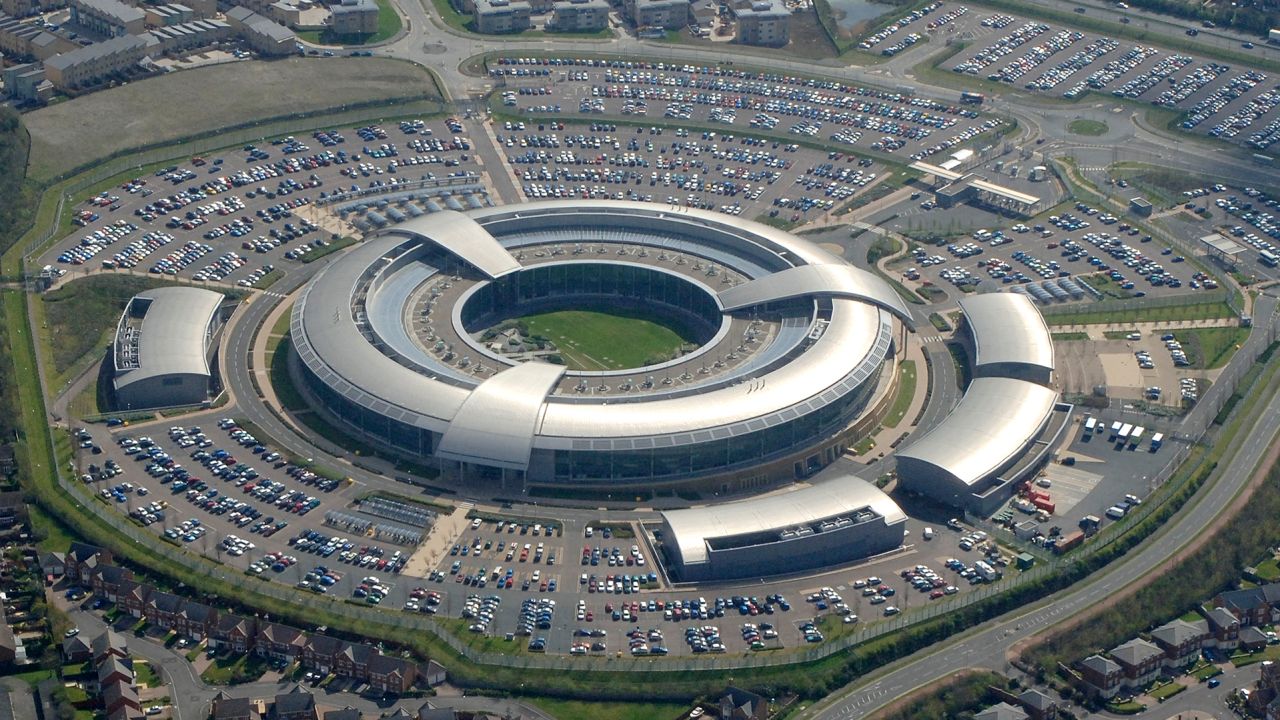Apple goes to war on surveillance as it attacks UK Snoopers' Charter
Technologically illiterate MPs propose technologically illiterate law

Apple has officially spoken out against the UK's Investigatory Powers Bill, in an official submission to the committee running through the proposals.
Apple wants "wholesale changes" before the bill, nicknamed the "Snooper's Charter", is passed into law. Reading between the lines, it appears that the company is a little bewildered by the technological illiteracy of the politicians who want it passed.
The proposed bill essentially legitimates the bulk collection of internet data of the type uncovered by Edward Snowden, and strengthens the ability of the government to access encrypted data, by compelling tech companies to help the security services access it.
"We believe it would be wrong to weaken security for hundreds of millions of law-abiding customers so that it will also be weaker for the very few who pose a threat," Apple said, according to The Guardian. "In this rapidly evolving cyber-threat environment, companies should remain free to implement strong encryption to protect customers"
Apple's main problem appears to be with the issue of encryption - the concern is that the law could force Apple to change the security on its iMessage service to enable the government to take a look - which would mean weakening it so that other less well-meaning people could conceivably break in and access messages.
Apple's submission said: "The creation of backdoors and intercept capabilities would weaken the protections built into Apple products and endanger all our customers. A key left under the doormat would not just be there for the good guys. The bad guys would find it too."
Amusingly, Apple also clarifies that the "best minds in the world cannot rewrite the laws of mathematics" to make encrypted materials only accessible to the good guys.
Sign up for breaking news, reviews, opinion, top tech deals, and more.
International concerns
The submission also expresses concerns about the conflict between domestic and international concerns. For example, what would Apple do if UK law required it to allow the government to break in, but law in another territory required Apple to keep that data safe?
"It would place businesses like Apple – whose relationship with customers is in part built on a sense of trust about how data will be handled – in a very difficult position", the submission says. It also raises the spectre of how hacking and interception capabilities could be taken advantage of by countries with less stellar records on issues like human rights.
At the moment the bill is at an early stage and so far hasn't been formally presented to MPs to vote on, so there is still time for changes and amendments. So here's hoping that in this case, the government takes Apple's advice.